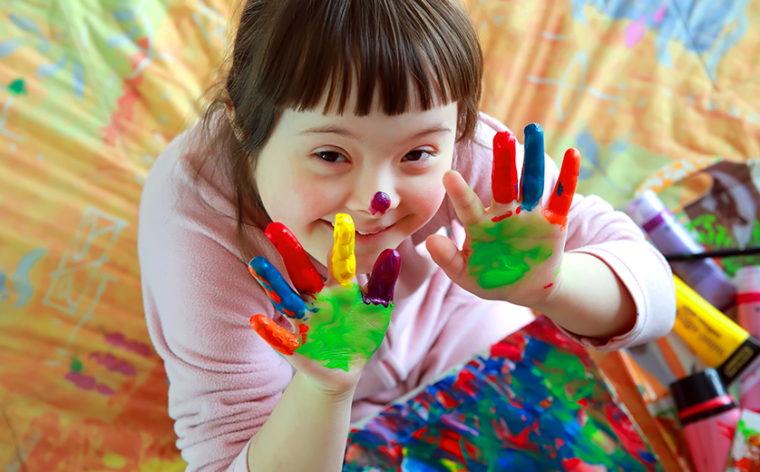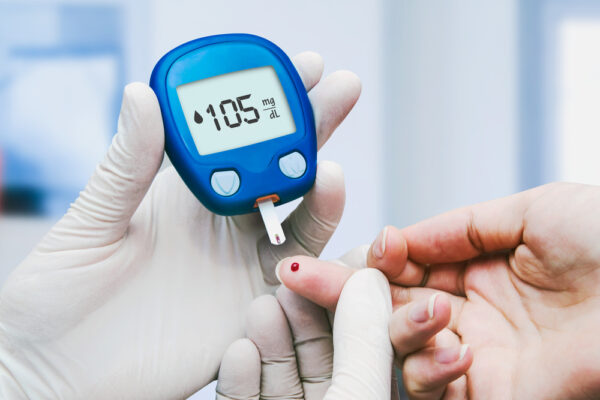Researchers at the Brown School at Washington University in St. Louis are conducting discussion groups with parents and staff in the Special School District of St. Louis County (SSD) to develop communication tools surrounding COVID-19 testing and vaccination.
The research is funded by a two-year $5 million grant from the National Institutes of Health (NIH) to the Washington University School of Medicine to offer 50,000 saliva tests to students, teachers and staff in the six special education schools operated by the district. Read more about the testing and the disproportionate impact the pandemic has on students with special needs.
The Brown School’s role will be to assess the perspectives of parents and school staff to develop messaging that can encourage participation in regular testing and overcome barriers to it.
“Our discussion groups are underway and have already provided valuable insights to inform communication with parents, teachers and staff. This information is also helping to shape the testing process being implemented in the schools by our medical school colleagues,” said Nancy Mueller, director of the Brown School Evaluation Center and an assistant dean who is leading that part of the research. “We hope that our findings can be useful not only for COVID testing but also for vaccinations to provide protection from the virus in the future.”
Participating Brown School faculty include Charlene Caburnay, research assistant professor and co-director of the Health Communication Research Laboratory; Virginia McKay, research assistant professor; and Byron Powell, assistant professor.
The funding stems from $500 million awarded by the NIH as part of the agency’s Rapid Acceleration of Diagnostics-Underserved Populations (RADx-UP) initiative to provide underserved communities with rapid testing for COVID-19. The saliva test provides easy and fast testing with same-day results; it was developed by the School of Medicine’s Department of Genetics and the McDonnell Genome Institute, in collaboration with a biotechnology company.
SSD’s special education schools serve students from all school districts in St. Louis County, including those residing in socioeconomically stressed neighborhoods, where many families have heightened exposure to COVID-19, as well as disproportionate vulnerability to its most serious consequences. SSD’s students returned part-time to in-person learning in November.



